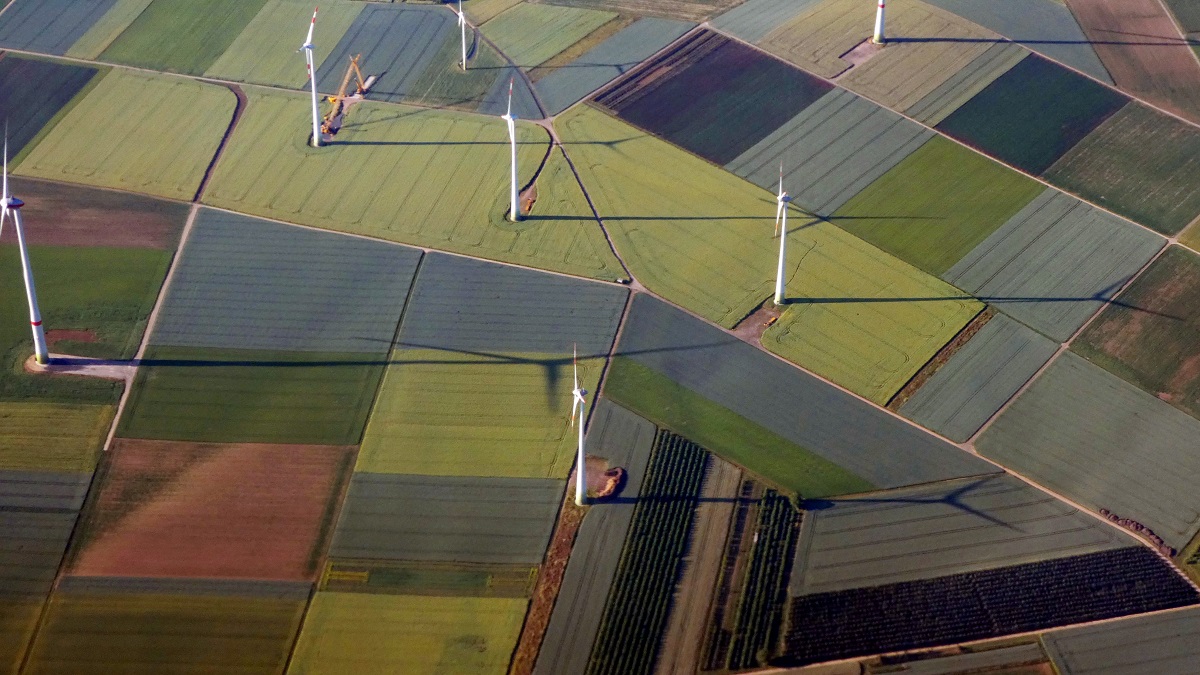Climate activists have filed a judicial complaint against the European Union over its flagship corporate sustainability rulebook’s green labeling of investments in bioenergy and plastics, Euractiv reports.
The issues are related to the EU’s sustainable finance taxonomy, a system that limits which investments can be labeled as climate-friendly and that the EU believes would encourage investors to direct more funding to low-carbon initiatives.
According to documents obtained by Reuters, environmental legal charity ClientEarth formally requested that the European Commission reassess the criteria permitting bioenergy investments to be labeled sustainable, which it claims contravene the legislation governing the EU taxonomy law.
Bioenergy investment guidelines went into force in January. Bioenergy is obtained from burning wood or other biomass such as crop wastes and animal manure, and detractors claim it causes CO2 emissions and deforestation.
Plants and trees absorb CO2 as they develop, which at least partially compensates for the CO2 emitted when they are burned for fuel, according to the EU, which classifies bioenergy as renewable. In order to safeguard ancient forests and ecosystems, biomass utilized in the EU must also meet sustainability standards.
Separately, the Commission is facing legal action from several EU members over the second set of taxonomy rules, which were released this week and would identify gas and nuclear projects as green — despite the fact that the regulations have yet to take effect.
On Wednesday, a group of non-profits led by the Partnership for Policy Integrity and the Lifescape Project urged the Commission to reconsider the bioenergy guidelines.
The Commission has 16 weeks to respond to the requests, after which the activists can go to the European Court of Justice with their complaints.
A request for comment from the European Commission was not immediately returned. Bioenergy accounts for around 10% of EU energy production.
The EU taxonomy law, according to ClientEarth, is based on the EU’s biomass strategy, which is now being updated to incorporate stricter sustainability requirements, rather than a scientific review as required by the EU taxonomy.

